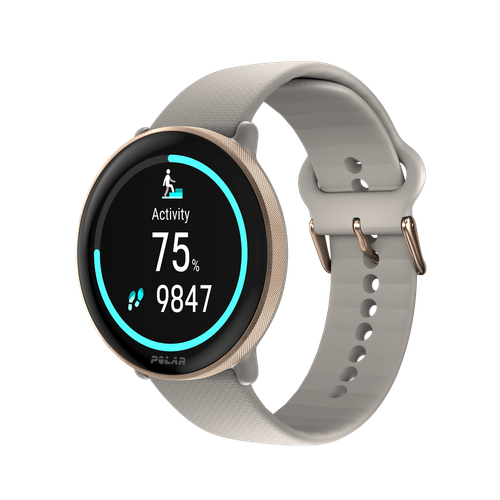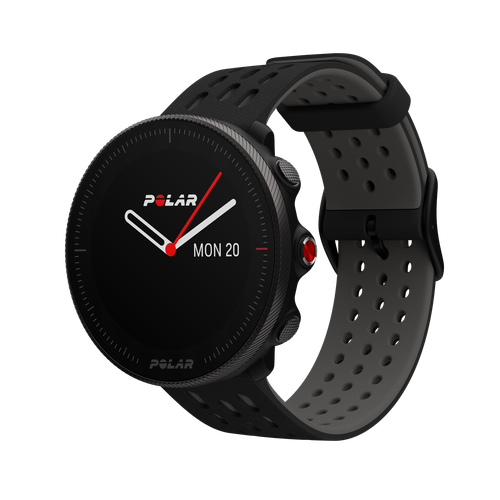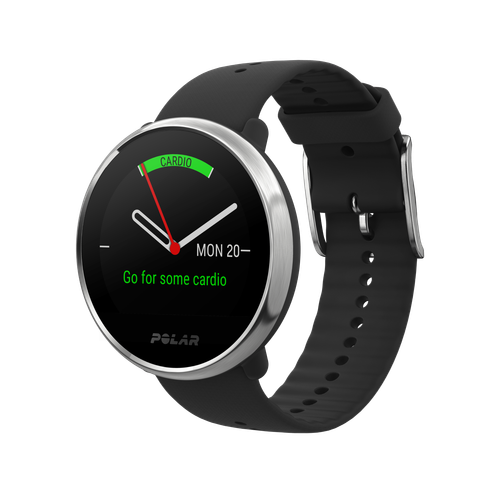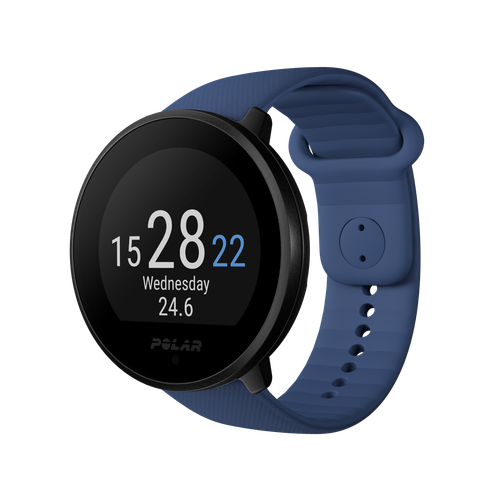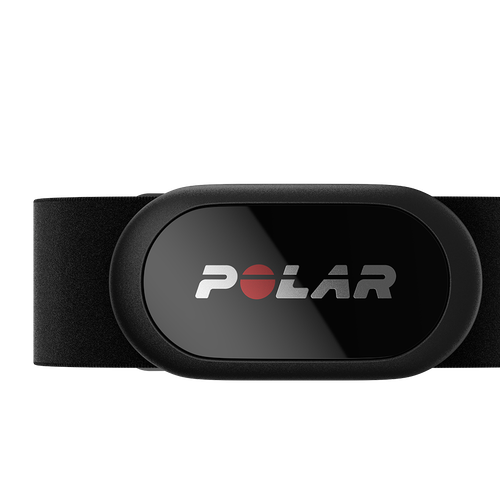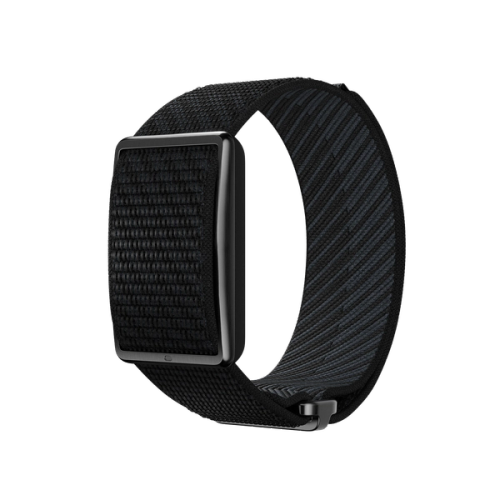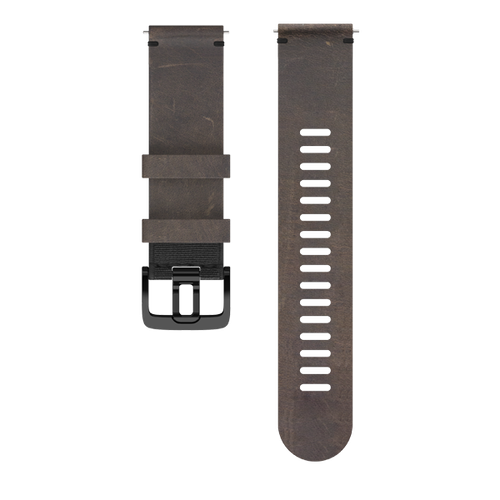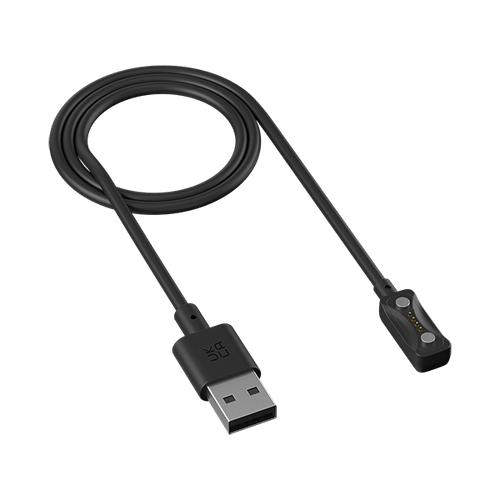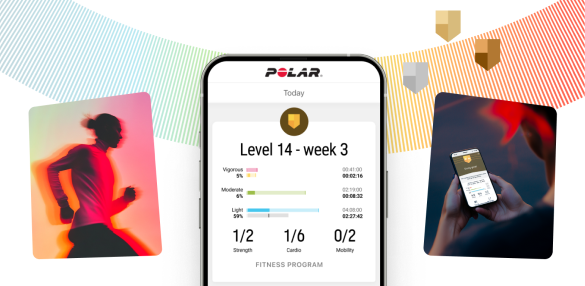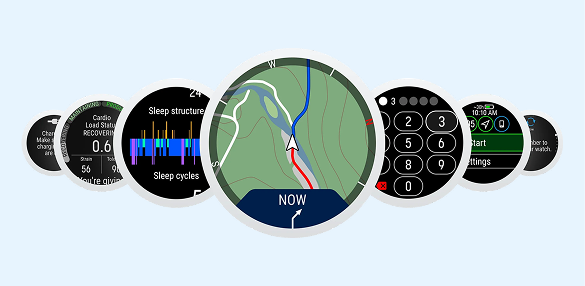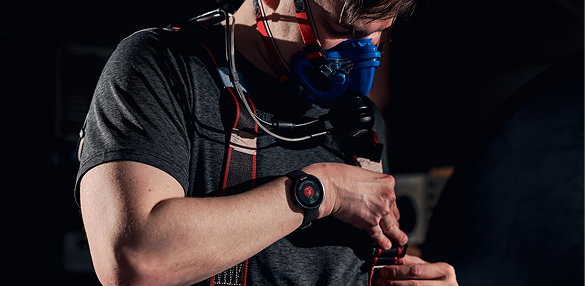You know the feeling. You've just hit the gym on your way home from a late one at work or gone for a jog to shake off a truly relentless day. You slide into bed, feeling a satisfying mix of accomplishment and tired muscles, ready for some well-deserved rest. There's just one tiny, frustrating problem: you can't sleep after exercise. Instead of drifting off, your mind is racing, your heart feels like it's still doing burpees, and your body feels stubbornly wide awake.
It's a perplexing situation, right? Because, in theory, physical activity is supposed to be great for sleep. And it is. But as many of us have discovered the hard way, hitting the gym too close to lights out can, for some folks, turn a good workout into a restless night.
So, why does this happen? And more importantly, what can we do about it? In this blog, we'll dive into how your body reacts to exercise and how that could be an issue during the evening. We'll explore the sneaky ways those post-workout hormones and rising body temperatures can mess with your ability to unwind. But don't worry, it's not all bad news. We'll also give you practical tips on timing your workouts for optimal sleep and show you how to create a brilliant wind-down routine that truly prepares your body and mind for the deep, restorative rest you deserve.
Why can’t I sleep after exercise?
You know those people who can drink a triple espresso after dinner and go straight to sleep an hour later? Exercise is similar. For some folks, working out in the hours before bed has zero impact on their ability to fall asleep at their typical time. However, for many, exercising after the sun has gone down can leave them struggling to fall asleep many hours later.
So, why does this happen? Well, the physical effects of exercise activate your body and mind. When this occurs in the hours preceding sleep, you may not have time to unwind and transition into rest mode. Naturally, that makes it challenging to transition into your typical sleep routine and deprives you of getting the rest you need.
Let's get into the nuts and bolts of why this happens and how you can figure out when the ideal time is to squeeze your workouts into your busy schedule. Of course, exercising at night (if that's the only time you can manage) is better than never exercising at all. But that's why understanding how to create a great wind-down routine will be an essential tool for your rest and recovery.
How does the body react to exercise?
So, what happens inside your body when you’re working out, and why does it sometimes rebel against your desire for slumber? Well, when you exercise, your body kicks into high gear. Think of it as a natural alarm system going off. Your adrenal glands start pumping out cortisol and adrenaline, those powerful hormones that get you feeling energized and alert. They’re fantastic for giving you that extra push during a workout, helping to increase glucose in your blood to fuel your muscles. While adrenaline might settle down relatively quickly, some research suggests that norepinephrine, another stimulating hormone, can remain elevated for up to 48 hours, potentially contributing to those restless nights. It’s a bit like your body’s internal engine staying on idle even after you've parked it for the night.
Beyond the initial adrenaline rush, your sympathetic nervous system – the one responsible for your 'fight or flight' response – becomes highly active. This means your heart rate is elevated, your body temperature is rising, and your senses are sharpened. For your body to prepare for sleep, it actually needs to cool down. If you've just come from a sweat session, it can take several hours for your core temperature to drop back to its sleep-friendly levels. Trying to fall asleep while feeling too warm is like snuggling into a warm blanket on a hot summer night – it's just not comfortable. Studies have even shown that evening exercise can delay your body's natural melatonin rhythm and keep your nocturnal core body temperature elevated.
Finally, let's not forget your active mind. After an intense workout, especially one that challenges you mentally, your brain can still be buzzing. That feeling of accomplishment and euphoria, while great during the day, can make it tough for your thoughts to slow down and transition into a restful state. It's as if your brain is still replaying the highlights reel of your workout, keeping you wired when you need to wind down.

Enjoying this article? Subscribe to the Polar Newsletter and get access to exclusive content.
Subscribe
How does your body transition to rest mode
So, if all the above is what you don't need for sleep, then what should be happening during the evening to help your body transition into rest mode? It's similar to what happens when you exercise, but in reverse: a beautifully orchestrated dance of hormones, temperature changes, and neurological shifts. As the sun begins to set and darkness creeps in, a crucial player steps onto the stage: melatonin. Often called the 'sleep hormone,' melatonin is produced by your pineal gland, and its release is strongly influenced by light. As light diminishes, melatonin levels start to rise, signaling to your brain that it's time to prepare for sleep. Think of it as your body's natural dimmer switch, slowly lowering the lights on your internal alertness.
Hand-in-hand with melatonin is a gradual decrease in your core body temperature. Throughout the day, your body maintains a relatively stable, slightly higher temperature. But as evening approaches, your body actively works to dissipate heat, often by increasing blood flow to your skin, especially your hands and feet. This slight drop in temperature is a key signal for your brain that it's time to power down. It's why a cool, comfortable room is so crucial for good sleep – your body is naturally trying to get to that optimal temperature for rest.
Beyond these physiological shifts, your nervous system begins to change gears. During the day, your sympathetic nervous system, which we talked about earlier, is more active, keeping you alert and responsive. But as evening progresses, your parasympathetic nervous system, often called the 'rest and digest' system, starts to take over. This shift helps to slow your heart rate, relax your muscles, and generally calm your body down. It's like your internal battery being plugged slowly into 'recharge' mode.
Your mind also starts to quiet down. The constant stream of thoughts and tasks that dominate your waking hours begins to dissipate, shifting your brain from problem-solving and planning to a more reflective, relaxed state. Ultimately, this graceful transition into rest mode is your body's way of ensuring you get the restorative sleep you need to function at your best the next day.
undefined

Polar Vantage M3
Smart Multi-Sport Watch
Polar Vantage M3 is a smart multi-sport watch for multi-sport athletes that’s compact yet powerful, stylish yet strong, and designed to bring extraordinary training, sleep and recovery tools into everyday life.
Creating a wind-down routine
As we've seen, that transition from energized to utterly relaxed is key for a good night's sleep. Think of it as creating a personalized 'power-down sequence' for your body and mind, helping them smoothly shift into rest mode. By being intentional with your evening routine, you're setting yourself up for truly restorative sleep.
Give yourself ample time to cool down
This isn't just about static stretching – it's about letting your heart rate gradually lower and your body temperature return to its normal resting state. If you’ve just crushed a high-intensity session, ideally, you want to wrap it up at least four or more before you plan to hit the sheets. This buffer period allows your internal thermostat to settle and your systems to decelerate gently.
Rethink your pre-bed entertainment
In an age of endless scrolling and binge-watching thrillers, it's incredibly tempting to collapse onto the couch and let the screen take over. But here's the thing: blue light from devices can mess with your melatonin production, and engaging content can keep your mind stimulated when it should be winding down. Instead, why not try reading a good old-fashioned physical book? The act of reading on paper helps your eyes and brain relax, giving your mind a calming focus that's miles away from the stimulating alerts of your phone or the cliffhangers of your favorite series. It's a truly analog approach to a digital-age problem.
Incorporate some dedicated relaxation techniques
If your mind is still buzzing with the day's achievements or the workout's intensity, don't just expect it to switch off magically. Try some deep, diaphragmatic breathing exercises – those slow, belly breaths that calm your nervous system. Gentle, restorative stretching or even a short guided meditation can be incredibly effective here. These techniques actively help reduce cortisol levels, signaling to your brain that it's safe to relax and prepare for sleep. Polar Serene™ breathing exercises can be a game-changer for quieting a racing mind.
Give your hardworking muscles with a bit of foam rolling
After a tough workout, your muscles can be tight and full of knots. Spending 10-15 minutes slowly rolling out major muscle groups – think quads, hamstrings, glutes, and even your upper back – can do wonders. It's a form of self-massage that helps release tension, improve blood flow, and can even calm your nervous system. Think of it as giving your body a mini massage before bed, smoothing out those kinks and encouraging a deeper state of relaxation. You'll be amazed how much more comfortable you feel as you slip under the covers.
Make your bedroom a true sanctuary for rest
Your sleep environment plays a huge role, especially after a workout. Ensure it's cool (remember, your body needs to drop its temperature to sleep), dark, and quiet. Blackout curtains and earplugs can be your best friends. If you still find yourself feeling too warm during the night, consider breathable bedding – think moisture-wicking sheets and light blankets. Some smart mattresses or sleep pads even offer temperature regulation, actively cooling your body to optimize sleep conditions.
Avoid stimulants, heavy meals or spicy food later in the day
Finally, be mindful of what you put into your body. Avoid stimulants like caffeine and even hidden sources like certain chocolates, especially in the hours leading up to bedtime. They're designed to wake you up, which is the opposite of what you want. And while staying hydrated is crucial for recovery, avoid heavy meals or spicy foods right before bed. Opt for a light snack if you're truly hungry. Your body works hard enough during sleep without also having to digest a feast.
Warm milk (but skip the cookies)
Now, before you roll your eyes, there's a reason this simple beverage has been a bedtime ritual for generations. Warm drinks in general have a soothing effect, helping to gently signal to your body that it's time to wind down. While the direct sleep-inducing power of milk's compounds like tryptophan is still debated, the ritual itself is incredibly powerful. And warm milk isn't your only option. If you're not a fan, consider other calming, non-caffeinated warm beverages like herbal teas such as chamomile, valerian root, or lavender. These are known for their relaxation properties. A simple cup of warm water with a slice of lemon can also be surprisingly soothing. The key is to choose something warm and comforting that won't give you a sugar spike (so, no cookies) or wake you during the night to use the bathroom, helping you peacefully transition into a state of rest.
Fine-tune your fitness routine for better rest
Remember, the goal isn't to stop exercising – it's about making your workouts work for your sleep, not against it. By understanding your body’s unique rhythms and implementing those smart strategies we discussed – like opting for lighter evening activities or giving yourself that crucial four-hour buffer before bedtime – you can really transform your nights.
And if you’re looking for a powerful tool to personalize your approach (when are not?), check out Polar SleepWise™. This clever feature can actually help you understand your unique daily 'sleep gate' – that optimal window when you're naturally most ready to fall asleep. By knowing when your personal sleep gate opens, you can strategically plan your workouts to ensure they wrap up well before that critical four-hour mark, giving your body ample time to wind down and prepare for restorative sleep. Give it a try and unlock the secret to harmonizing your active life with truly restful nights!
 Polar Vantage M3
Polar Vantage M3
 Polar Grit X2 Pro Titan
Polar Grit X2 Pro Titan
 Polar Grit X2 Pro
Polar Grit X2 Pro
 Polar Grit X2
New
Polar Grit X2
New
 Polar Vantage V3
Polar Vantage V3
 Polar Ignite 3
Polar Ignite 3
 Polar Ignite 3 Braided Yarn
Polar Ignite 3 Braided Yarn
 Polar Pacer Pro
Polar Pacer Pro
 Polar Pacer
Polar Pacer
 Polar Unite
Grit X Series
Vantage Series
Pacer Series
Ignite Series
Polar Unite
Grit X Series
Vantage Series
Pacer Series
Ignite Series













